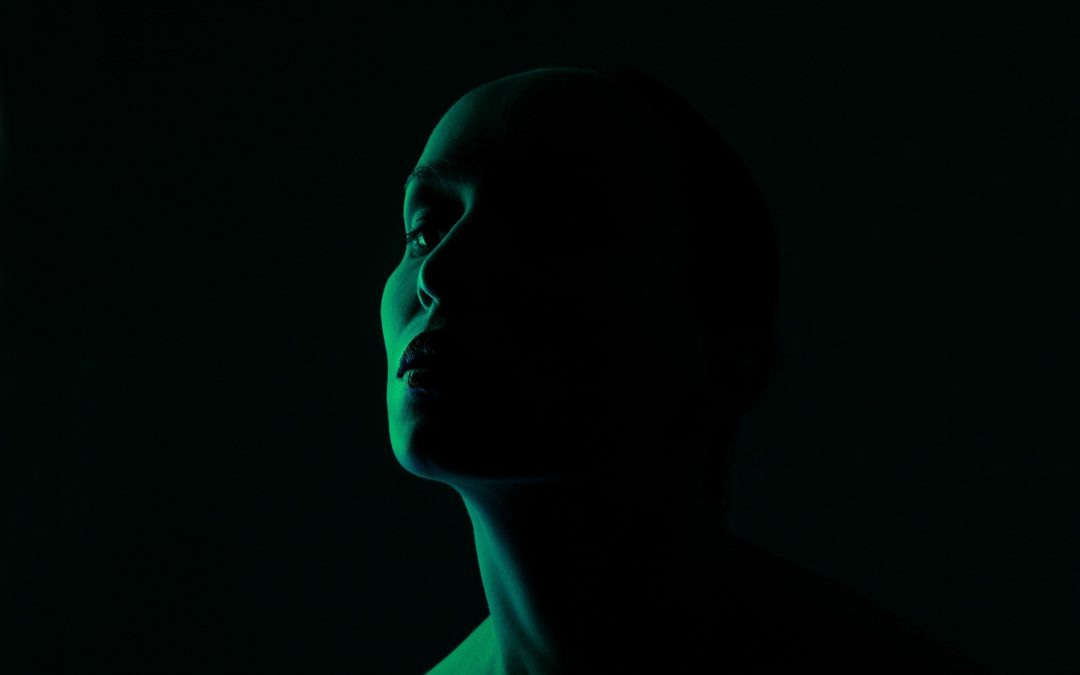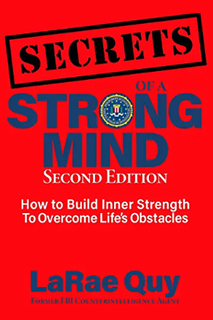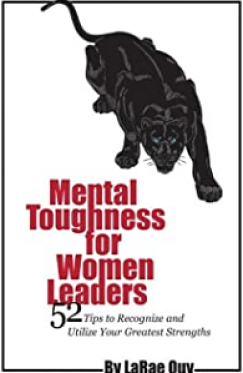While assigned to my first FBI office, a fellow agent asked me to accompany him as his girlfriend for an undercover assignment. The undercover agent (UCA) had targeted an organized crime gang and the leader of the group had invited the UCA to an afternoon BBQ with other gang members.
The plan was for us to stick together since the UCA was an outsider. It sounded like a solid plan to me, and plans are essential because when you’re in the middle of a volatile environment, the situation can change in an instant. This one did.
I left my gun at home, brought a fake ID, and showed up to a BBQ hosted by drug dealers, extortionists, and on special occasions, murderers.
We arrived at the single-level ranch house built on a corner lot. As we entered, a small blonde woman stepped up, placed her cigarette in her mouth, and took my handbag. I watched as she headed to a bedroom. I made a mental note to check on whether the piece of thin black thread I had woven into my handbag zipper would still be in place when I got it back. If anyone messed with it, it would disturb the thread.
A tall, thin man with balding hair smiled and welcomed us. Dressed in jeans and a black leather vest open to the waist with nothing on underneath but tattoos in the shape of serpents, he handed me a can of beer. The UCA and I joined a group of twenty-five people in the backyard. A six-foot fence made the yard private from street traffic.
After an hour, I went to find my handbag for sunscreen. As I entered the room where I’d seen the small, blonde woman disappear, I found her and another woman huddled around some items on a bedside table. My handbag was among them.
I pretended nothing was wrong as I reached in and grabbed the sunscreen. I saw the thin piece of thread at the bottom of my handbag and knew they’d searched it. At the same time, three men followed me into the room and shut the door.
They had me isolated and the UCA was nowhere to be found. I had no way to communicate with him and didn’t know how things had gone at his end. It was awkward, but it became clear that they wanted to know more about me. They were suspicious; I knew they wanted to size me up to determine whether they could trust me. Was I law enforcement?
Worse yet, was I a member of a rival gang? They might hesitate to hurt a law enforcement officer; they’d have no hesitation with a rival gang member sent to spy on them. As I stood in that room, alone, I knew I could never pretend to be someone I wasn’t. My attitude toward the group had changed in that instant—no longer was my job to spy on them; now, I needed to develop a rapport with them.
I was in serious trouble and knew I’d need to take action at once, so I stayed as close as possible to my real personality and background. I told them about my upbringing on a cattle ranch in Wyoming. I said my summer job was to grease bailers and dig fence post holes. The guy with the leather vest said, “Awesome.”
I picked up on that word and repeated it, only this time as a question. The conversation pivoted away from me because the onus was now on him to explain why he thought my answer was awesome.
When one of them asked me why I wasn’t still in Wyoming, I would not let the question shake me. I remained tenacious as I stuck with my strategy and blurted out an honest answer: “I didn’t want my life to fall into a rut. If I didn’t leave when I got out of school, I’d never leave.”
The small, blonde woman who had taken my handbag at the door blurted out, “It’s why I’m here.” I knew her answer also came from a place of honesty. “I came from Kansas.” The two of us had a bond.
I paid attention to their body language. While the men in the room were the ones to dominate the conversation, it was the small, blonde woman who called the shots. She signaled it was time to move on when she walked over to the door and opened it. I had passed a crucial test.
The UCA, however, failed to read the vibe of the room and talked, postured, and tried to come off like a good old boy. It failed. A few weeks later the FBI learned that the gang suspected him of being a member of a rival gang and planned to kill him within days. He was transferred to another city in another state.
They made no mention of me. I believe they didn’t suspect me because, despite using another name, I didn’t try to be anyone other than who I really am. My conversations with those people were real and honest.
The moral of this one FBI story is that it’s a waste of time to act like someone you are not. You may not find yourself surrounded by members of a violent gang, but you may find yourself with competitors who want to take out your business. You may never need to talk yourself out of a desperate situation, but you may find that you need to build trust with people in both business and life.
My success as an undercover agent came from being myself—it attracted people to me. The only time I really ran into trouble was when I didn’t take the time to be authentic. No matter what badge I slapped on, the game was up.
Since we live in a culture that celebrates superficiality, we often wear masks to convey the image we think others want to see. We’re afraid to be ourselves because proponents of our “woke” society and “cancel culture” dress up their virtue signaling as righteous values. They foist them on everyone else as if their ideas are universal principles. No wonder it’s easier to wear a mask and go along with bullies masquerading as adults.
But, there are times when a mask can come in handy—(and not just in these COVID times). What about when you’re the newbie at the office? Masks can allow us to watch and learn about our work environment. After all, many companies don’t want employees to bring their souls to work.
We all wear masks. The key is to understand why and when you wear it.
How To Make It Work For You: Take the time to observe yourself so you can understand when and why you wear a mask rather than show your authentic self. When you’re under pressure, what does your mask look like? Reflect on the types of masks you wear during the day. Why?
Remember, when we’re authentic, it increases our credibility.
This is the important thing: never confuse the mask you wear to impress others with the person you really are.
An excerpt from my new book, “Secrets of a Strong Mind (second edition): How To Build Inner Strength To Overcome Life’s Obstacles”
© 2020 LaRae Quy. All rights reserved.
You can follow me on Twitter, Facebook, Instagram, AND LinkedIn
Are you mentally tough? Here is my FREE Mental Toughness Assessment
Check out my new online training program at www.SecretsOfAStrongMind.com
Author of “Mental Toughness for Women Leaders: 52 Tips To Recognize and Utilize Your Greatest Strengths”
Photo by Marina Vitale on Unsplash





What a powerful story. We can so often share more of us than we think. When I first became a manager, I thought that I could keep everything about me behind a wall. I wore professional makeup, professional clothes, had my hair just so… I was a manager. However, we are not our position. Eventually (and thankfully) I learned that I could take off my mask be me, authentically and unapologetically, yet still be a professional.
There are times when wearing that mask lets us acclimate but letting who we are shine through is where connection happens and without that, we’re lost.
Alli
Interesting, Alli, because I know I’ve lost years of my life trying to be the person that others expected me to be. I look back on that undercover assignment and realize now what pulled me through, but it took years for me to fully excavate the significance of that experience. It’s the reason I believe self-awareness is so important.
You provide a true story that pulls us in with your specific examples in a real example that kept you authentic and safe – thus pulling us in to want to read your whole book as i did. As usual impressive and covering vital behavior traits LaRae Quy 🙂
Thanks Kare! Without realizing it at the time, leaning into my values felt comfortable and safe. It’s wisdom that I’ve learned over time!
I was captivated by your story LaRae! You ask such an important question about wearing masks. I think I wear a mask when I first meet people until I trust them more deeply. I have my persona that is approachable but I will keep up my guard until I feel comfortable. And then, they will always get to see the total me. It’s too de-energizing to wear a pretend mask and takes aways from building meaningful relationships.
Let me tell you, masks serve a purpose! It can be very important to keep on an appropriate mask, depending on the situation. The real test comes when we take off the mask to uncover our true selves. It can take a lifetime to find the person we really are…